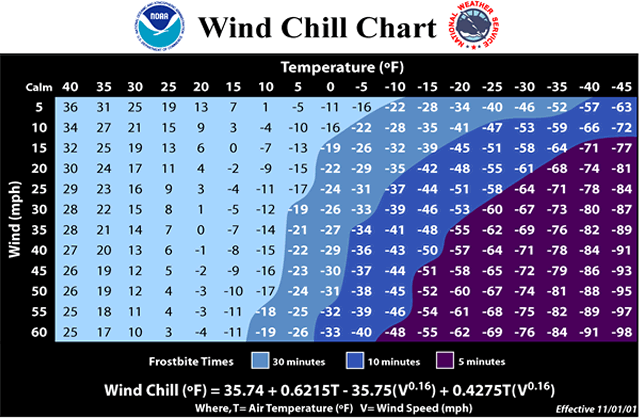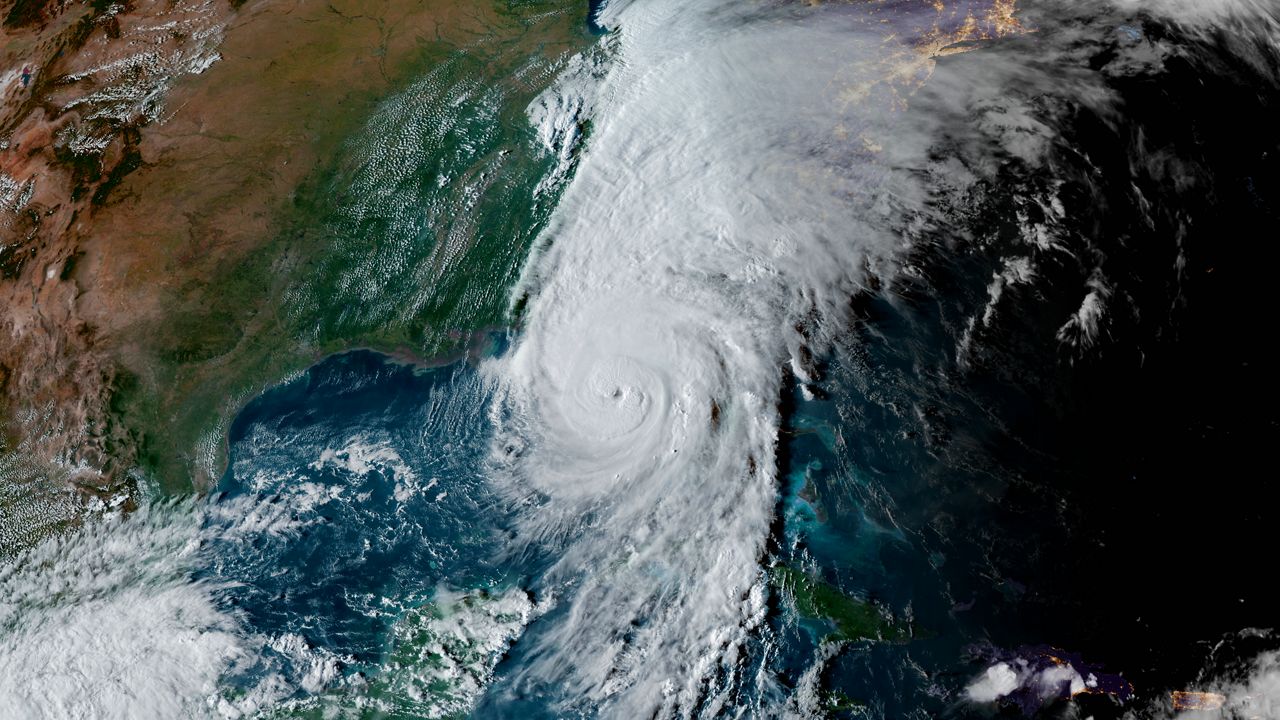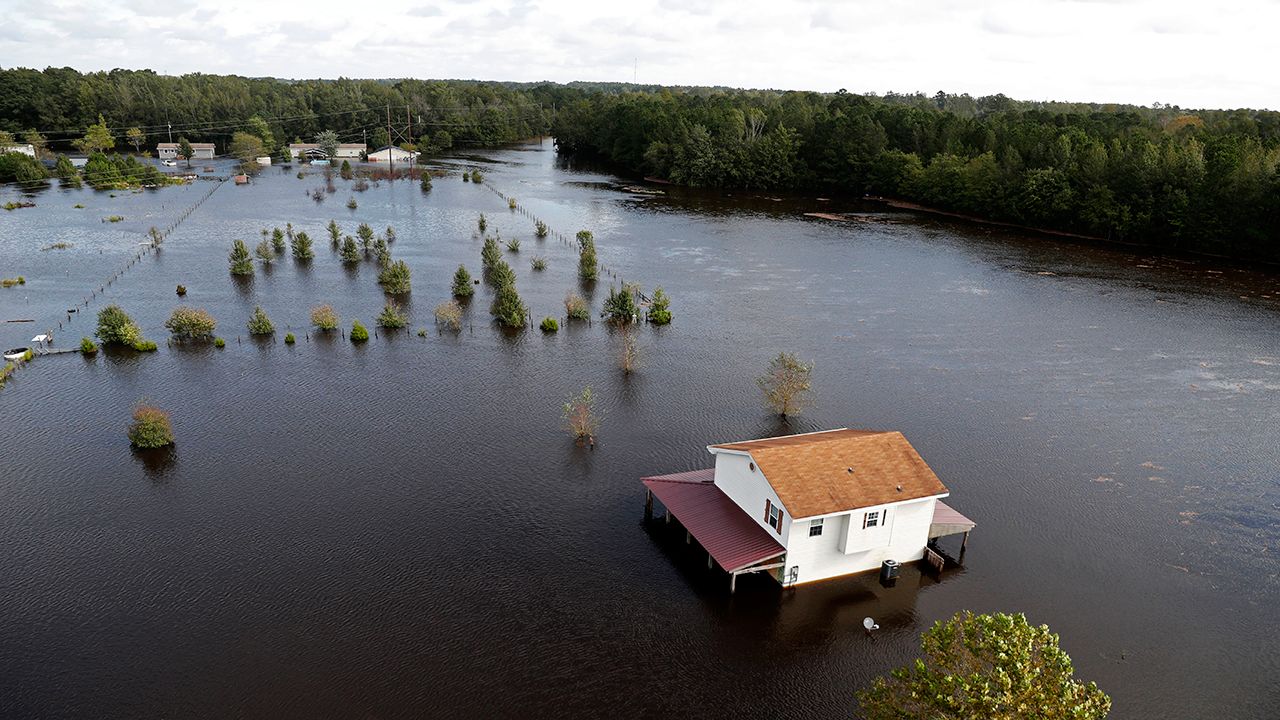As if being cold wasn't bad enough, let's add some wind and make it feel even colder!
'Tis the season of cold air! We complain all summer long about how hot it is, and the second temperatures drop below 40 degrees, we snuggle up inside.
But if you do have to go outside, it is important to pay attention to the wind chill forecast. You may hear us call it the "feels like" temperature in our forecast because the wind chill is how cold it will feel on your skin when you factor in the wind.
Our bodies lose heat through convection. With little to no wind, a layer of warmth remains on our body to help us stay a little warmer.
When it's windy, or even just a little breezy, the moving air breaks up that insulating, warm layer. This speeds up the heat loss, making it feel colder.
If it's winter and even the slightest bit breezy, chances are your local meteorologist will be showing the wind chill. But, here is a guide if you want to check the wind chill yourself.
Put your right pointer finger on the value closest to the current air temperature and your left pointer finger on the value closest to the current wind speed. Drag your left finger to the right, and drag your right finger straight down until your fingers meet.
Lift your fingers to reveal the wind chill value!

The shaded areas represent how long it will take to get frostbite with the forecasted wind chill.
Frostbite happens when body tissue freezes; your hands, feet, and nose usually freeze first. Your body protects your vital organs by cutting circulation to these areas.
We've fought wearing jackets since we were kids, but one of the easiest ways to keep yourself safe from frostbite or hypothermia is by dressing appropriately.
In addition to wearing layers and covering all exposed skin(fingers, toes, ears, nose, etc.), what you fuel your body with can also help you stay safe.
Be sure to stay hydrated because hydration increases your blood volume, which in turn helps prevent frostbite.
Also, make sure to stay away from too much caffeine and alcohol. Caffeine constricts your blood vessels, which prevents the warming of your extremities. Alcohol reduces shivering, which is the body's attempt to keep you warm.
Our team of meteorologists dives deep into the science of weather and breaks down timely weather data and information. To view more weather and climate stories, check out our weather blogs section.






)


